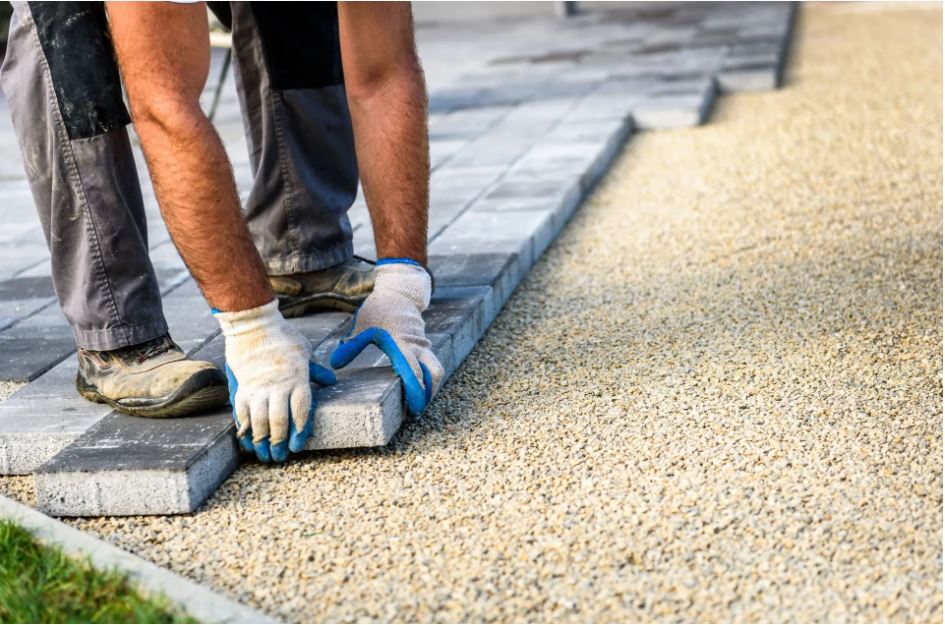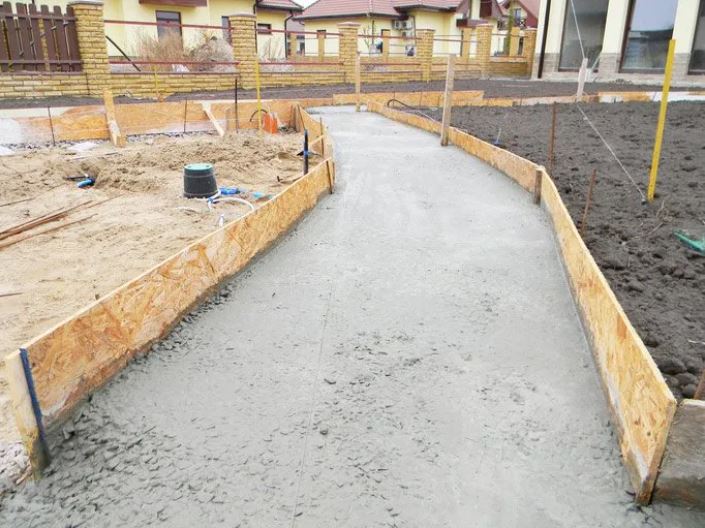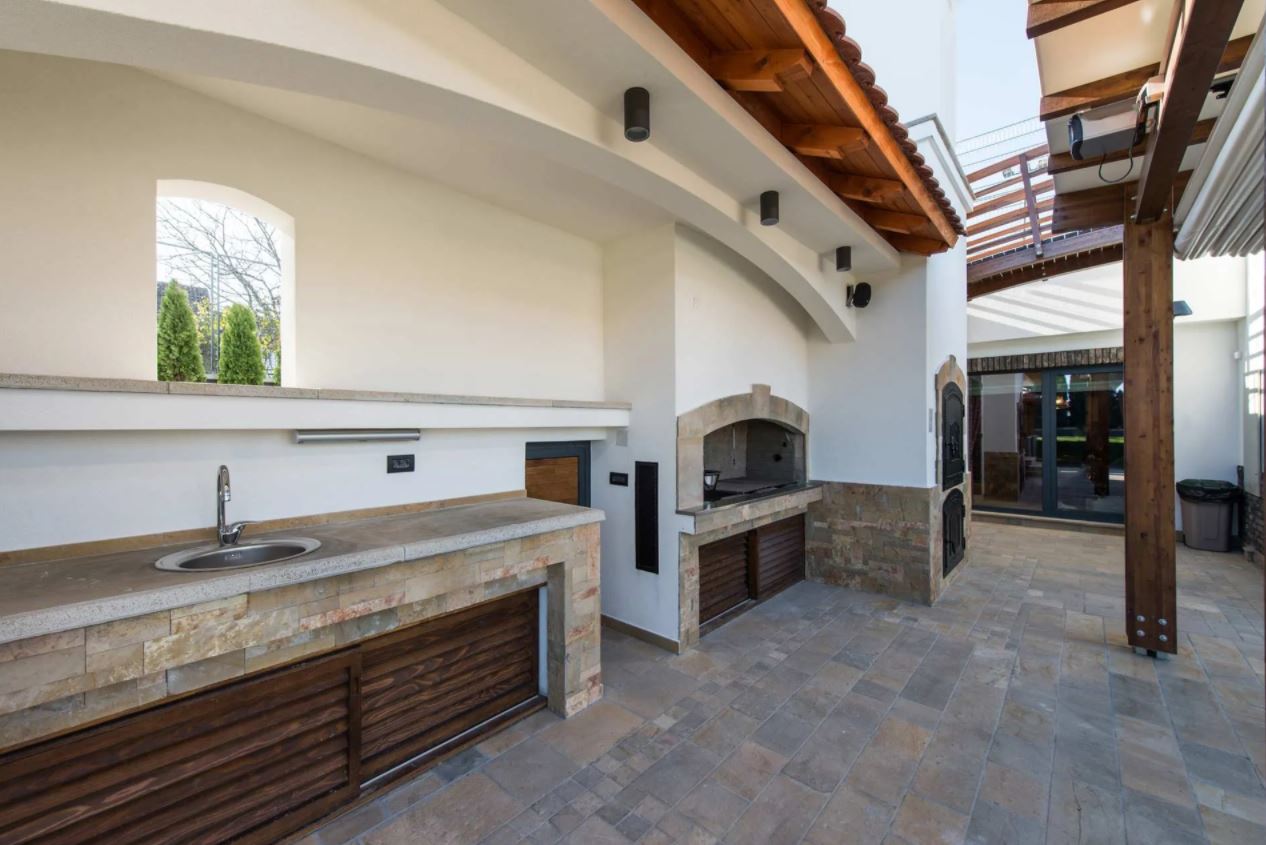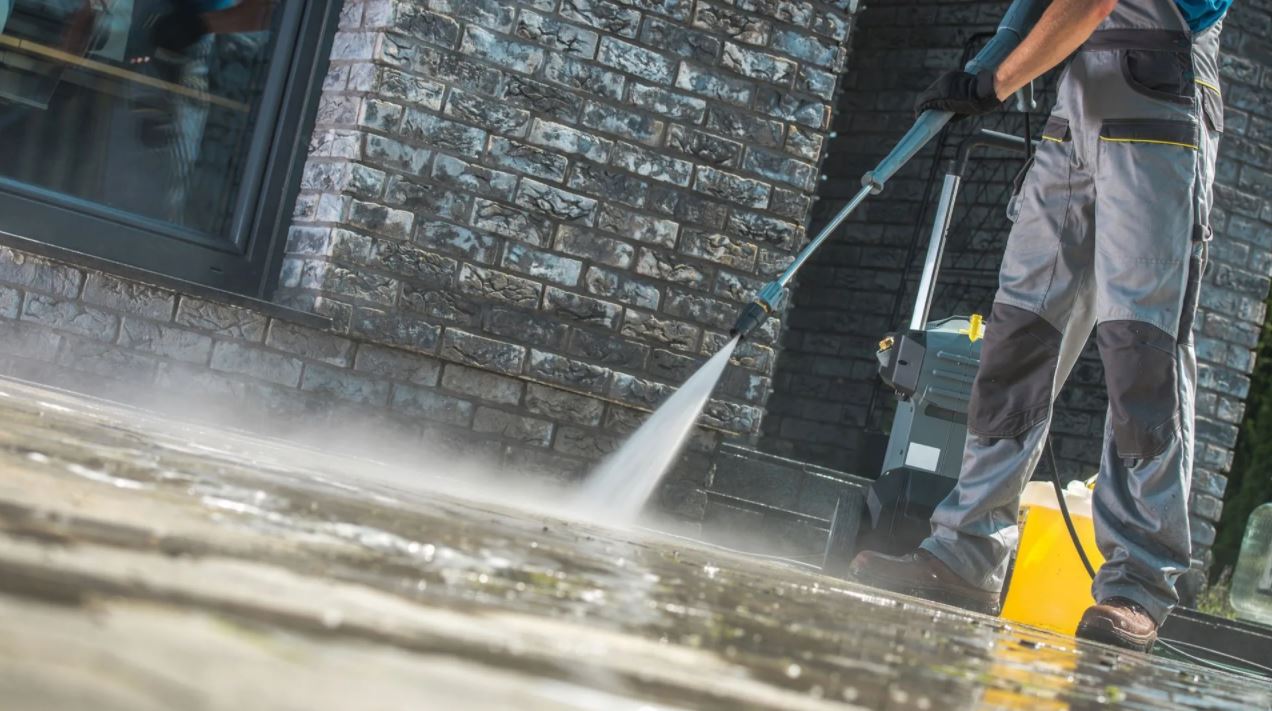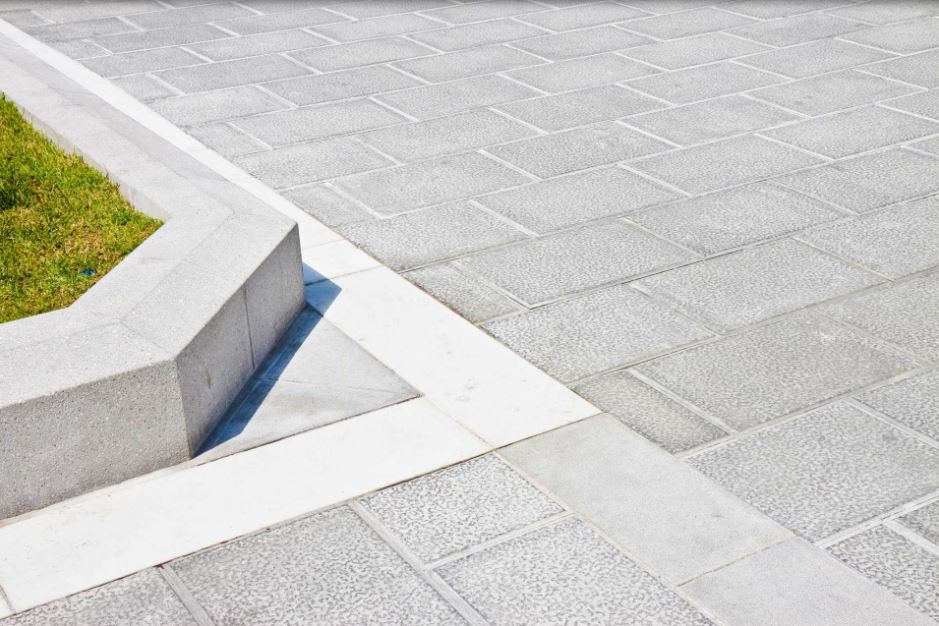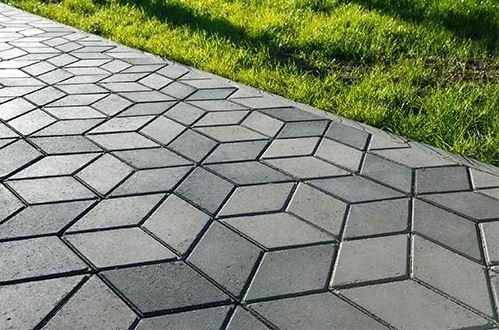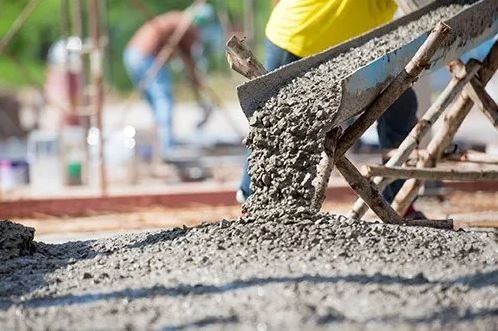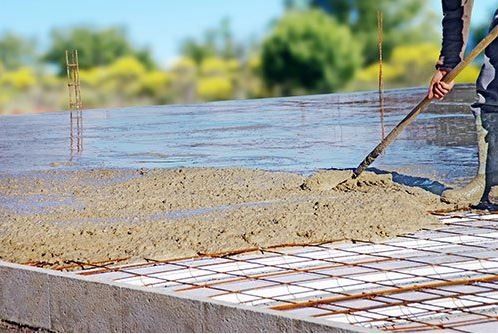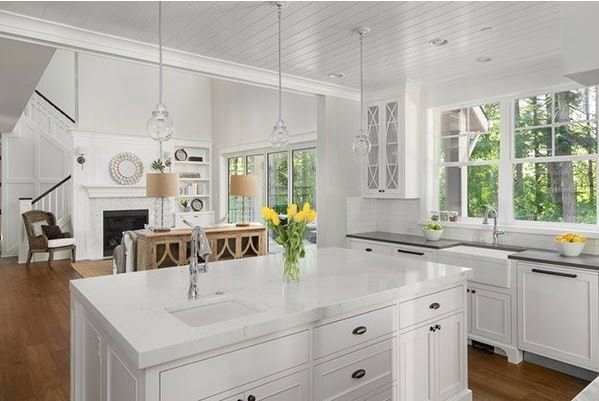Blog Layout
Biggest Risks to Your Concrete Patio
Admin • Aug 31, 2020
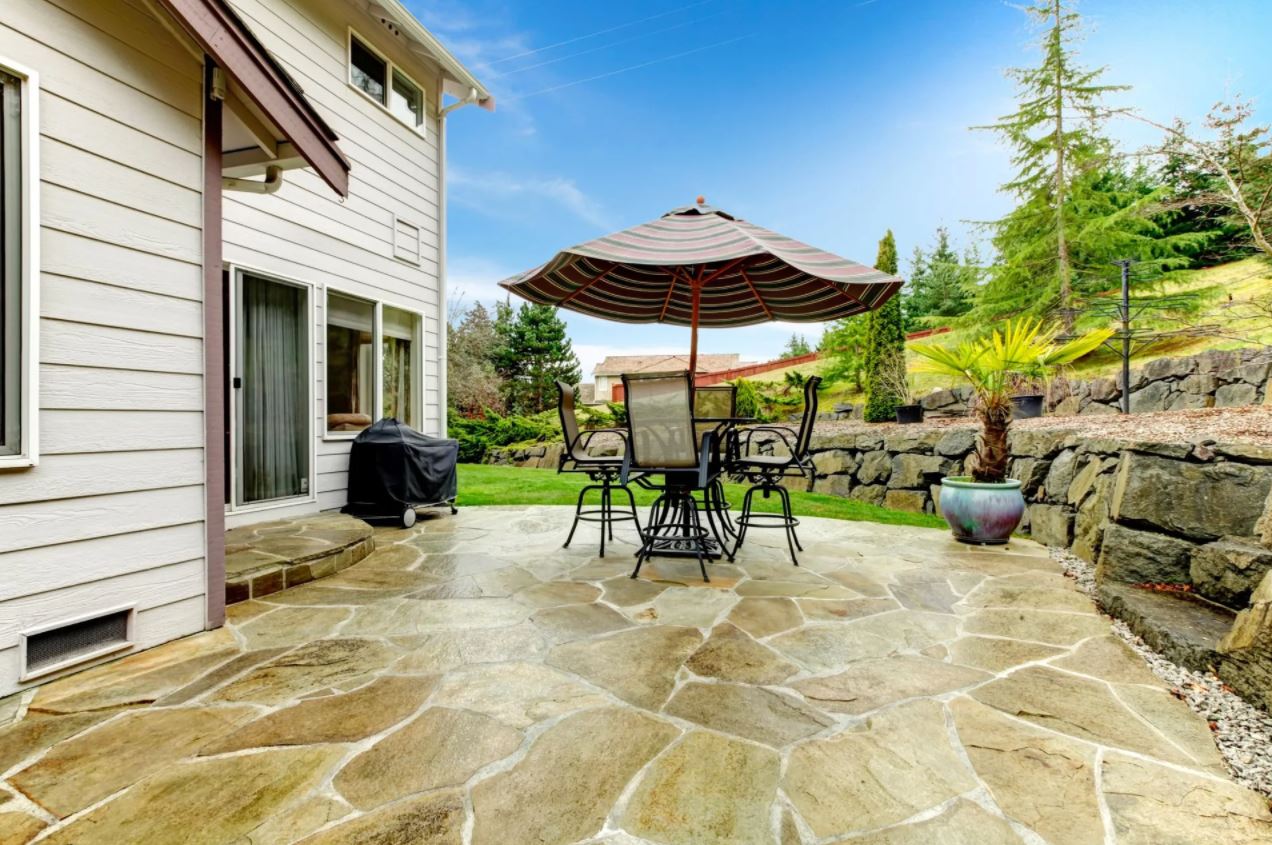
Patios make great additions to backyards because they create a perfect space for cooking, talking or just spending time with your friends and family. However, as with any part of your home, patios need regular maintenance and monitoring to prevent serious damage. If you want to better protect your patio investment, check out these four big risks to concrete patios.
1. Excessive Weight
Concrete is a strong material, and the thicker your patio, the stronger it should be. At the same time, if you make your patio too thick, you are only wasting materials, time and money. On average, a patio should be at least four inches thick. This is also the recommended amount for driveways, so it should be enough to withstand the weight of an average vehicle.
In most cases, these four inches is plenty for supporting your outdoor cooking equipment, sitting area, etc. However, some people overload their patio by parking unused vehicles (rarely used trucks, boats, and RVs) on the patio. Another item that can easily overload your patio is an above ground pool. When the patio gets overloaded, it can develop major cracks or even separate chunks of the patio.
2. Tree Roots
Trees can turn a hot, ugly backyard into a secluded haven, but those trees have unseen roots that may spread to your patio. If the roots are big enough or close enough to the surface of the soil, they may push up on the concrete, causing it to crack. At the very least, the roots can make the patio uneven, which further increase the risk of cracking, especially when exposed to weight.
One way to prevent tree roots from harming your patio is to make sure you install your patio far from trees. If you can't, or the patio is already installed and a tree is causing complications, it may be best to remove the tree. You can remove just the roots that are causing the problem, but this may fully kill the tree if you don't hire a professional.
3. Standing Water
Standing water may happen if your home has a poor drainage system. For example, if the gutters are constantly full or ineffective, water from the roof may spill onto the patio. The longer this water remains, the higher the risk of deterioration. If water gets under the patio, it can also damage the underlying soil, which makes the patio less stable and more likely to crack.
Standing water also promotes the growth of moss and mildew. Not only do these further irritate your patio by holding water, but they may also pose a slip and fall risk, which could lead to a lawsuit.
If you haven't installed your patio yet, and you are worried about water, consider adding a drain and drainage system to the middle of the patio. If the patio is finished, consider a system of surface area drains to redirect the water. Naturally, you can also help by making sure your gutter system is in tip top shape.
4. Clay Soil
If your property has clay soil, the soil itself may be causing problems for your patio. The reason clay soil causes complications is because of how it interact with water. When exposed to moisture, clay tends to expand, but when it gets dried out again, it contracts.
While the changes are minimal, they can eventually cause irritation to the patio, leading to cracks, chips and unevenness. To prevent issues with clay soil, it's best to have the soil stabilized before you install the patio. Alternatively, you could request a thicker patio.
Concrete is strong, but it is not impervious to wear and tear, especially cracking and chipping. If you don't care for your patio, it can lead to an ugly, expensive mess. To learn more about concrete patios, or to get a quote for your dream concrete patio, contact us at Central Carolina Concrete, L.L.C.
By Admin
•
05 Mar, 2020
Why should you hire a professional contractor for your next concrete project? Take a look at the reasons to go with a pro rather than doing it yourself.
Content, including images, displayed on this website is protected by copyright laws. Downloading, republication, retransmission or reproduction of content on this website is strictly prohibited. Terms of Use
| Privacy Policy

